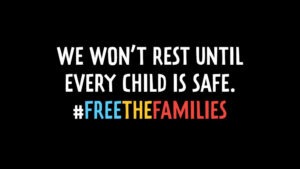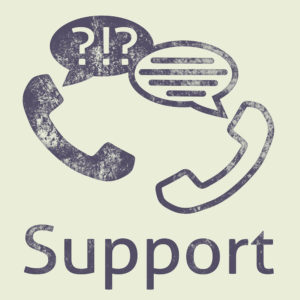
June 7, 2017; Fast Company
Can a disruptive for-profit company make a difference in the international refugee crisis? Airbnb and eight nonprofit partners are investing in the idea via a new technology platform that connects rooms and refugees.
Airbnb emerged as a progressive influencer following the November election at a time when corporations had been taking stands on controversial issues with both altruistic and capitalistic intentions. Earlier this year, President Donald Trump issued an executive order temporarily blocking travel from seven (later changed to six) majority-Muslim countries, which has repeatedly been blocked by various courts as discriminatory and is now headed to the U.S. Supreme Court.
The order and four-month hiatus on accepting new refugees devastated the network of refugee resettlement agencies, where hundreds of jobs have been cut since the President’s executive order. They had expected to receive 110,000 refugees this year from war-torn countries like Syria and the Democratic Republic of the Congo.
According to Ruth Reader’s Fast Company report, in February, the founders of Airbnb “made their pledge under the #WeAccept hashtag, declaring: ‘To help people around the world facing displacement, we’ll work with our community of hosts to find not just a place to stay, but also a place to feel connected, respected, and a part of a community again.”
The Open Homes platform launched this week:
Open Homes connects organizations seeking short-term stays and volunteers offering up their homes for a specific cause. When volunteers sign on, they’ll be able to specify the cause they’d like to donate their room or home to. Nonprofits looking to set up a family or individual for a few days or weeks while they suss out more permanent housing will be able to view lists of potential volunteers. The new platform automates much of the work that Airbnb has been doing manually up until this point…
Sign up for our free newsletters
Subscribe to NPQ's newsletters to have our top stories delivered directly to your inbox.
By signing up, you agree to our privacy policy and terms of use, and to receive messages from NPQ and our partners.
The work to connect displaced persons with housing began five years ago, amid the tumult of Hurricane Sandy. An Airbnb host asked if it was possible for her to house people left stranded by the storm surge for free… It was the beginning of what would become Airbnb’s now-global platform for connecting people in need with short-term shelter.
The eight nonprofit partners, including the International Rescue Committee, appear to be large, national, or international refugee support organizations. It’s unclear how these agencies would work with the many smaller organizations working on the ground in communities around the world where volunteers might list their homes.
While it’s laudable that the company is also giving what nonprofits really need—cash—in addition to time and talent, its goal is incredibly ambitious. Airbnb has pledged $1 million annually to the International Rescue Committee over the next four years. Note that it projects $3 billion in profit by 2020.
Airbnb wants its users to provide short-term housing for 100,000 people around the world over the next five years. Since the beginning of the year, it has placed nearly 300 refugees and another 2,000 since Hurricane Sandy.
Indeed, the need is great, with more than 40 million internally displaced persons around the world, including 20 million who qualify as refugees under the United Nations High Commissioner for Refugees mandate. But, Airbnb will have a lot of marketing to do, with only 6,000 of their 3.5 million users signed up to provide temporary shelter. Further, significant backlash to resettlement programs around the world means demand is outpacing supply for visas, let alone homes. And, thorny issues could arise for a company that has faced discrimination suits.
So, as Airbnb has made clear on Open Homes, volunteers must open their minds along with their rooms. A FAQ on whether users can set preferences on who, exactly, they can open their homes to provides the following answer: “Our community believes in a policy of acceptance, no matter where they’re from, what their gender is, or what religion they practice.”
As always, we’ll be watching to see how this new partnership plays out in the field.—Anna Berry













